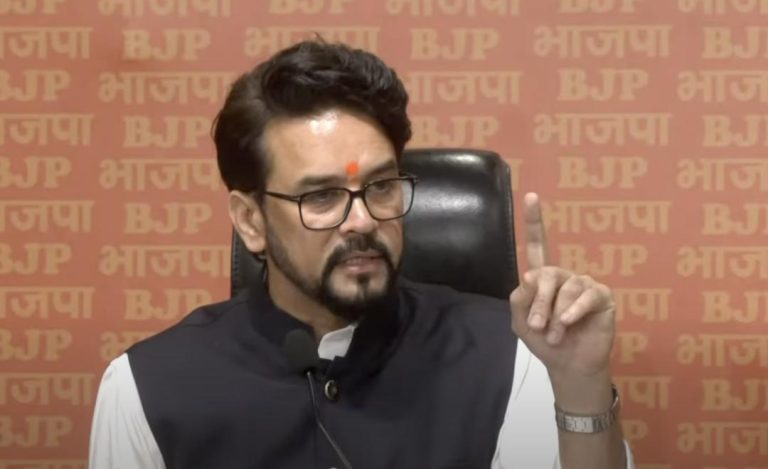
Our relations with India & Pak remain unchanged: US after Pak army chief Munir’s visit
In a recent statement, the US State Department has clarified that its relationship with both India and Pakistan remains unchanged, despite the recent visit of Pakistan’s army chief, Asim Munir, to the US. This statement comes as a response to the controversy surrounding Munir’s comments during his visit, which have sparked concerns about the stability of the region.
During his visit, Munir claimed that Pakistan has nuclear weapons and would take “half the world down” if they think they’re “going down” during a future war with India. These comments have been widely condemned, and the international community has been left wondering about the implications of such a statement.
However, the US State Department has sought to downplay the issue, stating that the relationship between the US and both India and Pakistan remains unchanged – good. The diplomats are committed to both nations, and there is no change in the tone of their relationships.
“This is just the usual bluster from the Pakistani military,” said a senior US official, on condition of anonymity. “They are trying to intimidate India, but it’s not going to work. The US is committed to maintaining good relations with both countries, and we will continue to do so.”
The statement from the US State Department comes as a relief to many in the region, who were worried about the potential impact of Munir’s comments on the already fragile relations between India and Pakistan. The two countries have a long history of tension and conflict, and any statement that is perceived as threatening can have significant consequences.
However, despite the US State Department’s statement, many experts believe that Munir’s comments were a deliberate attempt to intimidate India and undermine the stability of the region. “Pakistan has a history of making provocative statements, and this is just the latest example,” said Dr. Sandeep Singh, a security expert at the University of Delhi. “They are trying to create a sense of fear and uncertainty, but it’s not going to work. The Indian government is well aware of the situation, and they will not be intimidated.”
The tensions between India and Pakistan are not new, and the two countries have been engaged in a long-standing conflict over the disputed region of Kashmir. The situation has been exacerbated by the recent military coup in Pakistan, which has led to a significant increase in military spending and a more aggressive posture towards India.
However, despite the tensions, the US is committed to maintaining good relations with both countries. The US has a long history of engagement with both India and Pakistan, and has provided significant military and economic aid to both countries.
In recent years, the US has been working to improve its relations with India, and has provided significant military aid to the country. The US has also been working to improve its relations with Pakistan, and has provided significant economic aid to the country.
Despite the tensions between India and Pakistan, the US believes that both countries are important partners in the region, and that they can play a key role in promoting regional stability. “We believe that both India and Pakistan are important partners in the region, and that they can play a key role in promoting regional stability,” said a senior US official. “We will continue to work with both countries to promote peace and stability in the region.”
In conclusion, despite the controversy surrounding Munir’s comments, the US State Department has made it clear that its relationship with both India and Pakistan remains unchanged. The diplomats are committed to both nations, and there is no change in the tone of their relationships. However, many experts believe that Munir’s comments were a deliberate attempt to intimidate India and undermine the stability of the region. Despite the tensions, the US remains committed to maintaining good relations with both countries, and believes that they can play a key role in promoting regional stability.






